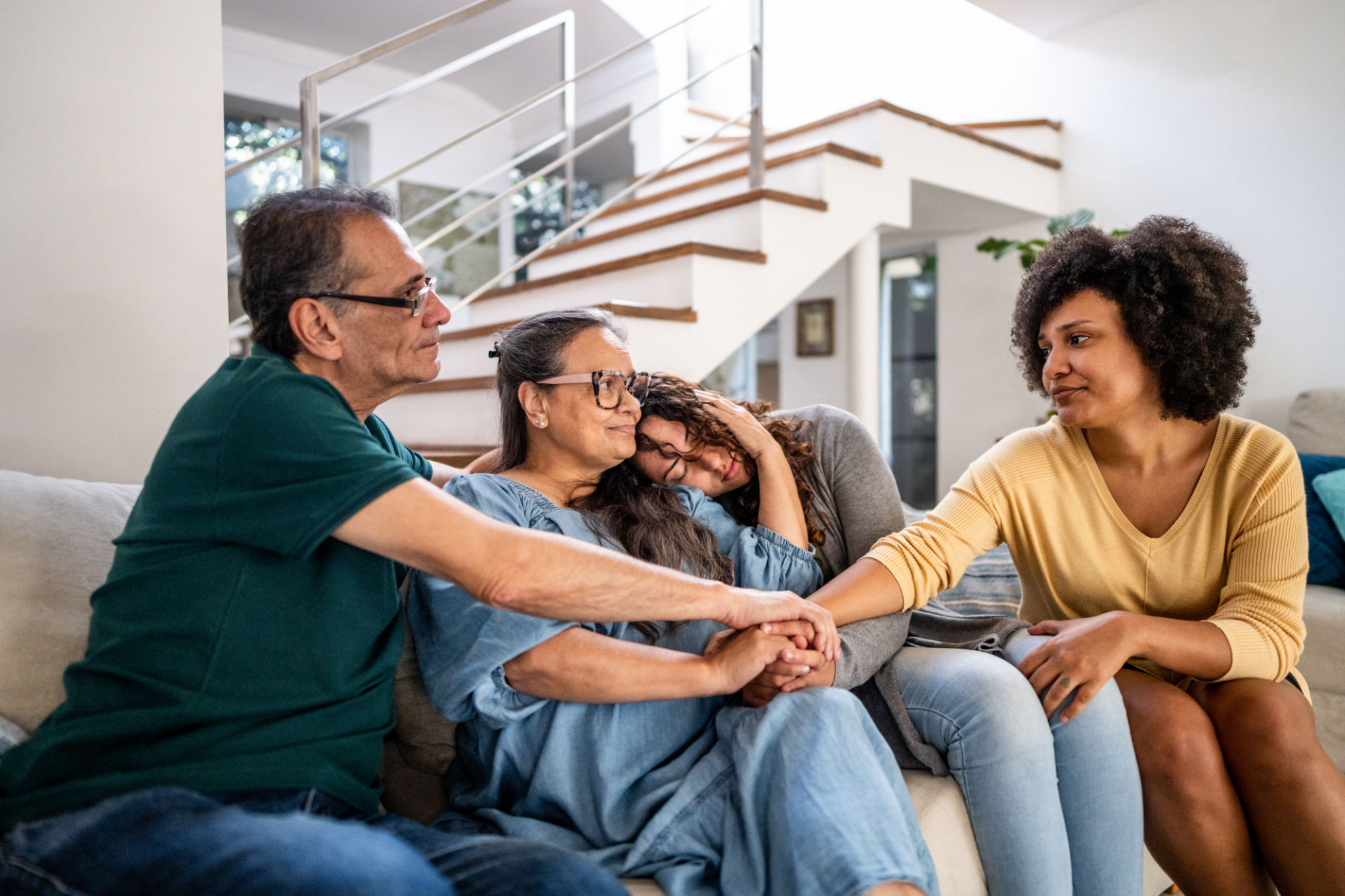Common Misconceptions About Healthcare Advocacy in Chattanooga
Understanding Healthcare Advocacy
Healthcare advocacy is a vital service that helps patients navigate the complex healthcare system. However, there are common misconceptions about what healthcare advocacy entails, especially in places like Chattanooga. Many people are unsure about what advocates do, which can lead to misunderstandings about their role. This post aims to clear up some of these misconceptions.

Misconception 1: Advocacy Is Only for the Elderly
One common belief is that healthcare advocacy is only for the elderly. While older adults often benefit from advocacy services, people of all ages can benefit. Advocates assist anyone facing difficult health decisions, managing chronic conditions, or dealing with complex medical systems.
Misconception 2: It's Just About Medical Records
Another misconception is that healthcare advocacy solely involves managing medical records. While this is an important aspect, advocacy encompasses much more. Advocates help with communication between patients and healthcare providers, ensuring that patients understand their treatment options and rights.

Misconception 3: Advocacy Replaces Family Support
Some people think that hiring a healthcare advocate means replacing family support. In reality, advocates work alongside family members. They provide professional insights and support that complement the emotional and practical support offered by family and friends.
Misconception 4: Advocacy Is Only for Crisis Situations
Many assume that healthcare advocacy is only necessary during crises. However, advocates can be invaluable during non-crisis times as well. They help with routine healthcare management, preventive care strategies, and ongoing communication with healthcare providers.

Benefits of Healthcare Advocacy
Understanding the benefits of healthcare advocacy can help dispel these misconceptions. Some advantages include:
- Improved communication with healthcare providers
- Better understanding of medical conditions and treatment options
- Informed decision-making regarding healthcare choices
- Enhanced coordination of care among multiple providers
Overcoming Misconceptions
To overcome these misconceptions, it's essential to educate both the public and healthcare providers about the role of advocates. Workshops, informative sessions, and community outreach can help spread awareness and understanding.
Getting Started with Advocacy in Chattanooga
If you're interested in healthcare advocacy in Chattanooga, consider reaching out to local advocacy groups or healthcare providers. They can provide resources and information to help you understand how advocacy can fit into your healthcare journey.